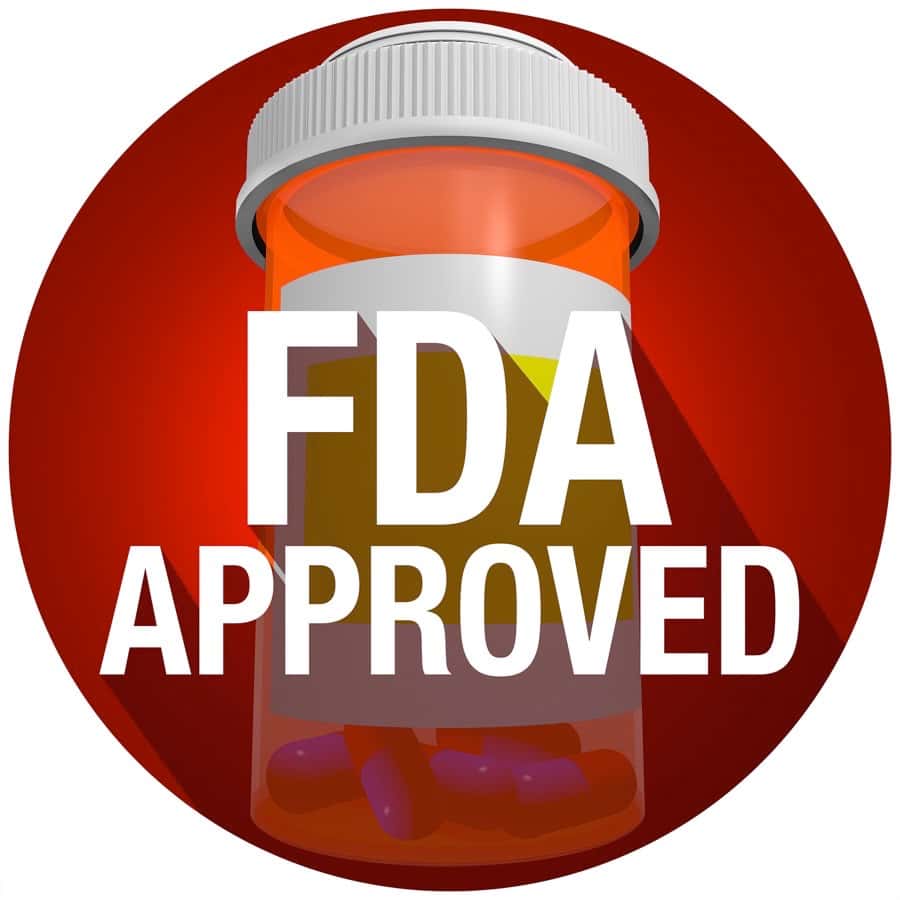
Health professionals rely upon the FDA’s adverse events reporting systems to assess the safety of drugs and devices after they have been on the market. Because of faster approvals, these postmarketing data are more critical now than ever.
Faster Access to Drugs and Devices!
The Food and Drug Administration has been under intense pressure for years to allow manufacturers to bring drugs and devices to market faster. Obviously, the companies desire this. The sooner they can market their products the faster they can improve their bottom line.
Patients want access to the latest and greatest treatments. They assume that the FDA is all wise and all knowing. If a new heart valve gets FDA approval many people, including a lot of health professionals, assume it must be better.
Because of such pressure the FDA has been approving drugs and devices faster than ever. They even brag about the quicker turnaround.
Should We Trust the FDA’s Adverse Events Monitoring Systems?
A new study in JAMA Internal Medicine (Oct. 7, 2019) suggests that the FDA’s adverse events databases may not be as accurate as most health professionals think. A team of researchers reviewed reports on interventional cardiology devices.
First, they point out that:
“Even for high-risk implanted devices, premarketing trials are usually small and have short-term follow-up. The process of reporting adverse events is cumbersome, and reporting rates are low.”
They report that there is substantial misclassification and underreporting of patient deaths in the FDA database.
Next, the authors note:
“Our findings raise concerns about the accuracy of adverse-event reports for high-risk devices. The results complement recent news reports that the FDA allowed device manufacturers to file reports of malfunctions in a hidden database, known as alternative summary reporting. Both the miscategorization of deaths in FDA adverse-event reporting and hidden adverse-events reports can lead to inaccurate public and physician perception of the safety of medical devices and can compromise informed decision-making.”
Why This Matters!
For patients and health professionals to make sound decisions about heart valves or other “high-risk devices,” they need highly accurate information. If FDA’s adverse events data are inaccurate, that becomes far more difficult.
Consumer Reports routinely reports on the reliability of things like cars, televisions, lawn mowers and microwave ovens. Shouldn’t patients have at least as much information about devices that are put in their bodies?
The Medical Device Scandal:
We have had the privilege of interviewing Jeanne Lenzer about her book, The Danger Within Us. In it she reveals the underbelly of the medical device industry and problems with the FDA’s approval process. You can listen to the free podcast at this link:
Show 1123: What Are the Unexpected Dangers of Medical Devices?
You can click on the green arrow under Jeanne’s photo to listen to the streaming audio or download the free MP3 file by clicking at the bottom of the page. It’s just above “Rate this Article” and “View Comments.”
Share your own thoughts about the FDA’s adverse events reporting system in the comment section at the bottom of this page.
Citations
- Meier, L, et al, "Miscategorization of Deaths in the US Food and Drug Administration Adverse Events Database," JAMA Internal Medicine, Oct. 7, 2019, doi:10.1001/jamainternmed.2019.4030

